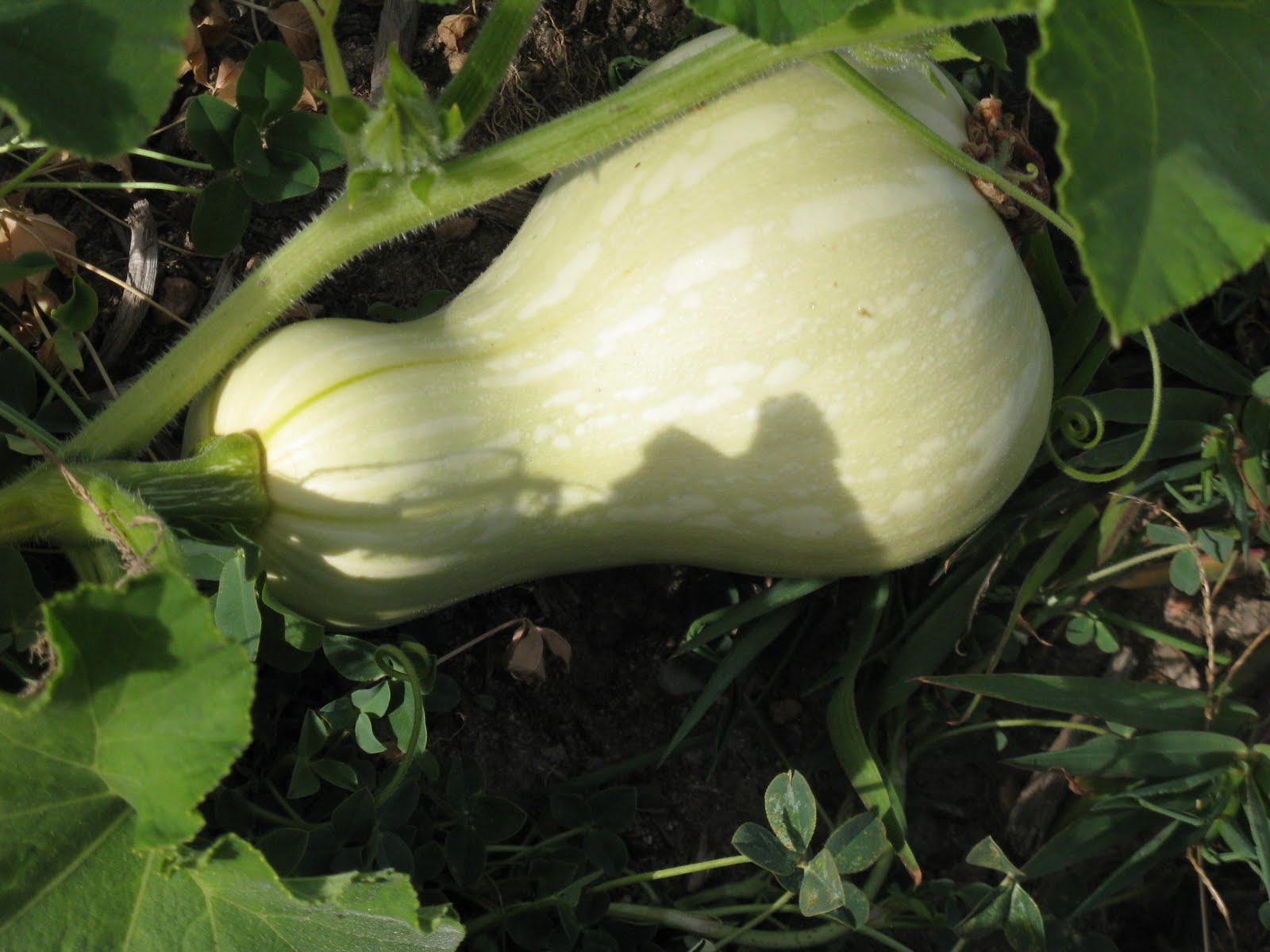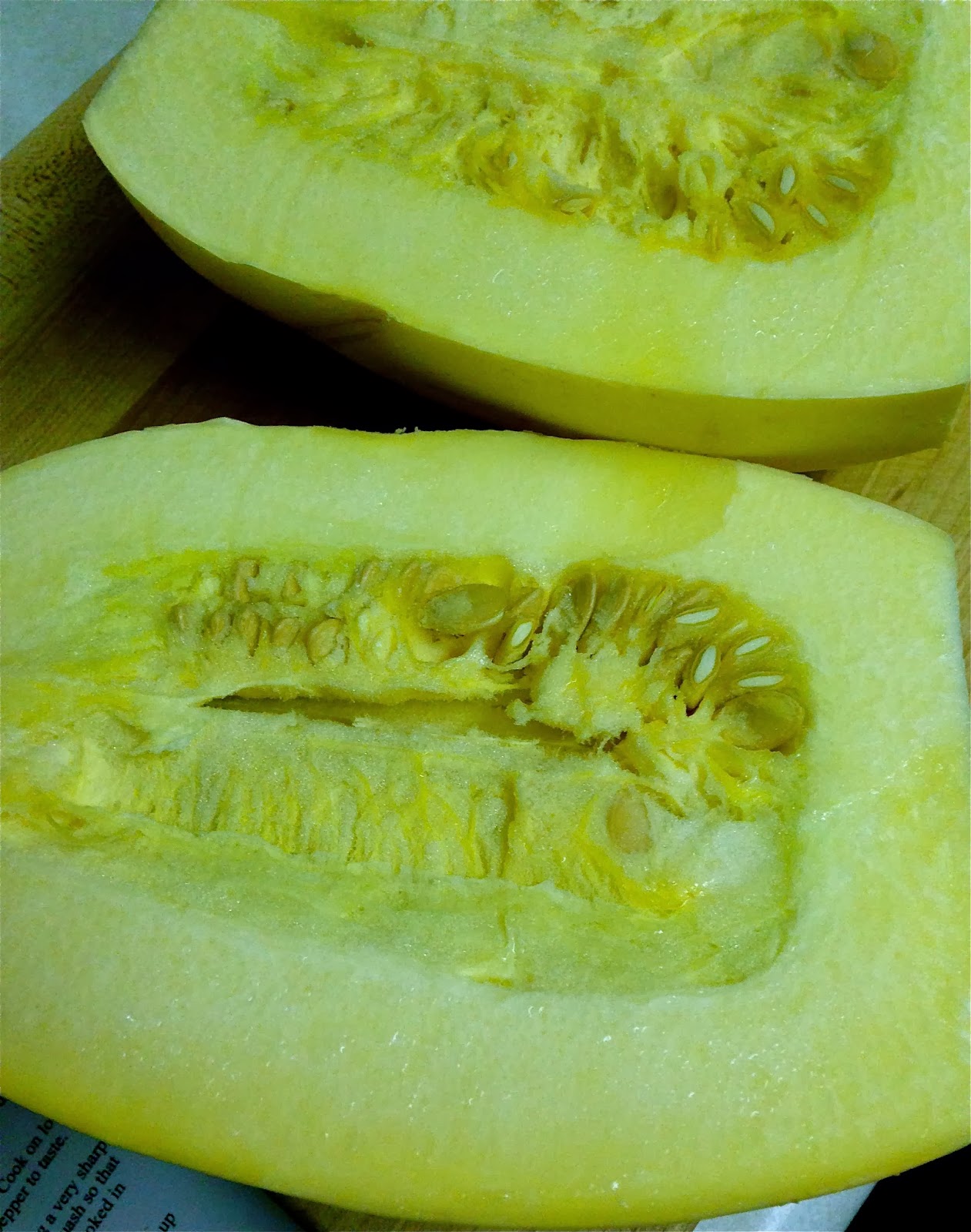How to Feed Your Bearded Dragon Butternut Squash: A Beginner's Guide
Introduction
As a new owner of a bearded dragon, you may be wondering what kinds of foods you should be feeding them. One food that you may not have considered yet is butternut squash. Butternut squash is a great source of vitamins and minerals for your bearded dragon and can be a healthy addition to their diet. In this post, we will be discussing how to feed your bearded dragon butternut squash, and the benefits this vegetable can provide for your pet.
Why Feed Your Bearded Dragon Butternut Squash?
Butternut squash is a great source of vitamins and minerals that your bearded dragon needs to stay healthy. Some of the vitamins and minerals found in butternut squash include:
- Vitamin A
- Vitamin C
- Vitamin E
- Calcium
- Potassium
- Fiber
In addition to the vitamins and minerals found in butternut squash, it is also a low-fat and low-cholesterol food that can help prevent obesity and heart disease in your pet.
Preparing Butternut Squash for Your Bearded Dragon
Before feeding your bearded dragon butternut squash, it is important to properly prepare the food. Follow these steps to prepare butternut squash for your bearded dragon:
Step 1: Select a fresh butternut squash

When selecting a butternut squash, look for one that feels heavy for its size and has a smooth, unblemished skin. Avoid any squash that feels soft or has visible defects.
Step 2: Wash the squash

Wash the squash thoroughly with water to remove any dirt or debris from the skin.
Step 3: Cut the squash into small pieces

Cut the butternut squash into small, bite-sized pieces. Be sure to remove the seeds and skin, as they can be difficult for your bearded dragon to digest.
Feeding Your Bearded Dragon Butternut Squash
After you have prepared the butternut squash, it is time to feed your bearded dragon. Follow these guidelines to ensure your bearded dragon is getting the right amount of butternut squash:
Step 1: Offer butternut squash as a treat
Butternut squash should not be the primary food in your bearded dragon’s diet. Instead, offer it as a treat or a supplement to their regular food. Offer a small amount of butternut squash once or twice a week.
Step 2: Watch for signs of overfeeding
While butternut squash is a healthy food for your bearded dragon, overfeeding can lead to digestive problems and obesity. Watch for signs that your bearded dragon is overeating, such as lethargy, weight gain, and decreased appetite.
Step 3: Mix with other healthy foods
Mix butternut squash with other healthy foods in your bearded dragon’s diet to provide a variety of nutrients. Good options include leafy greens, insects, and other veggies.
Conclusion
Feeding your bearded dragon butternut squash can be a healthy addition to their diet. As with any new food, it’s important to introduce butternut squash slowly and watch for any signs of overfeeding. By properly preparing and offering butternut squash as a treat, you can provide your bearded dragon with essential vitamins and minerals, helping them to stay happy and healthy.
